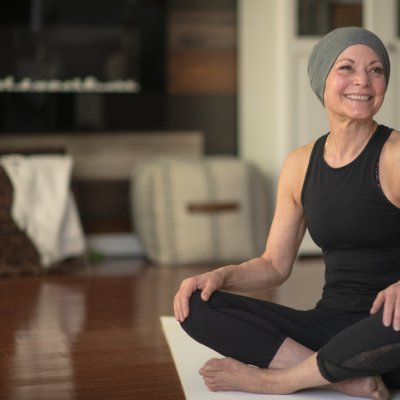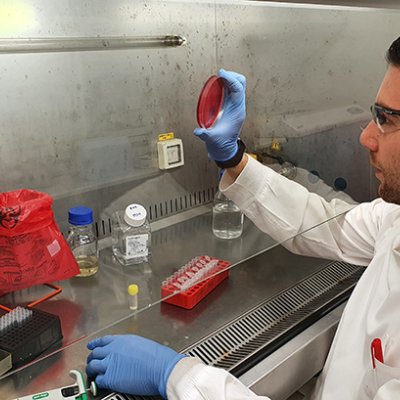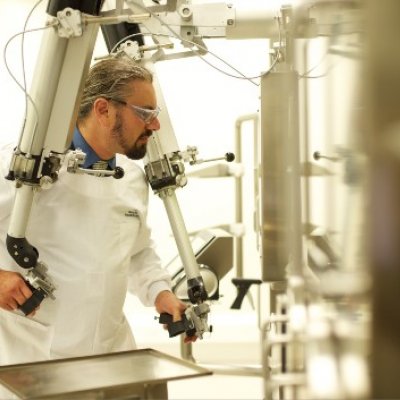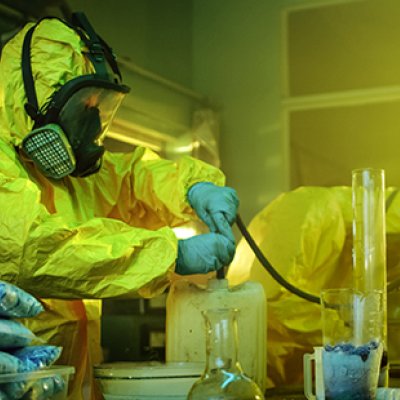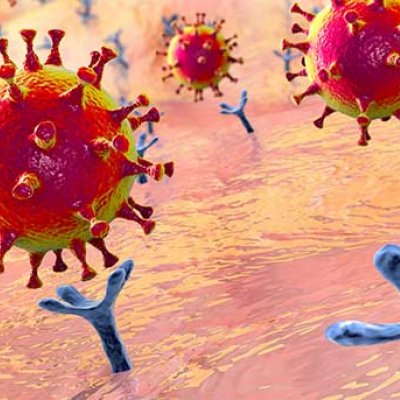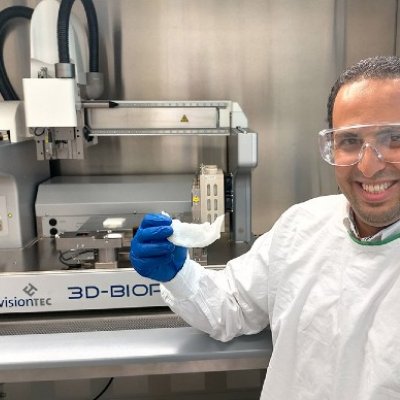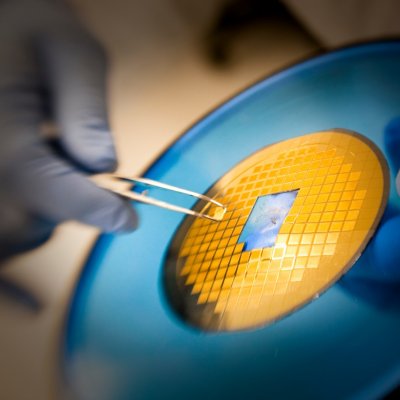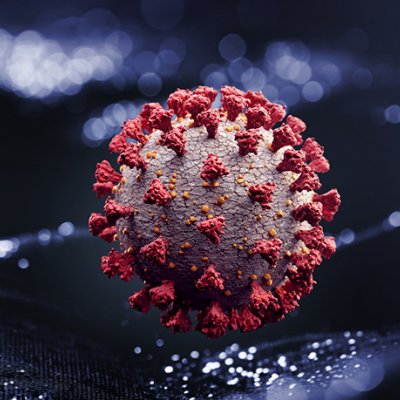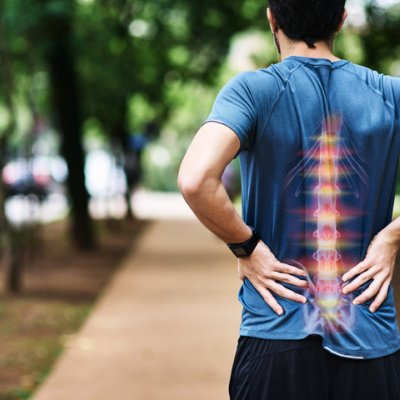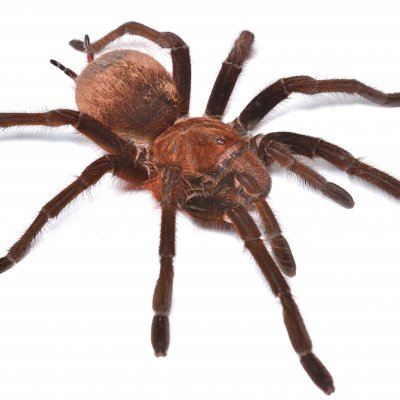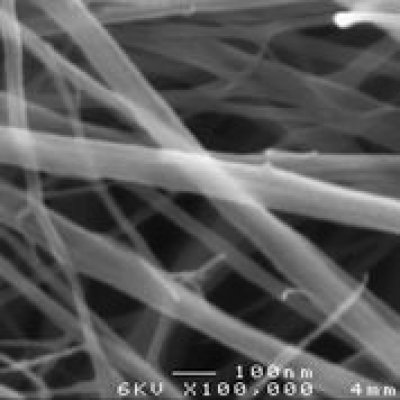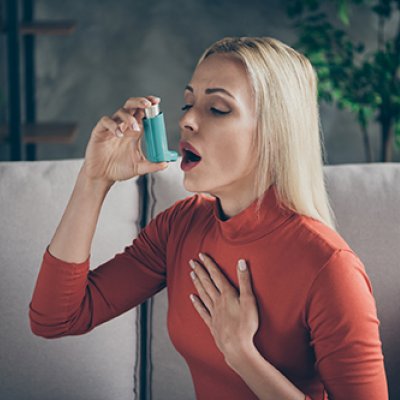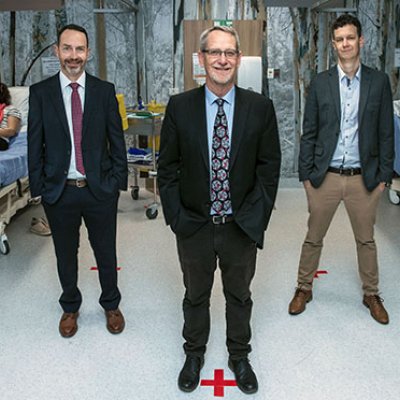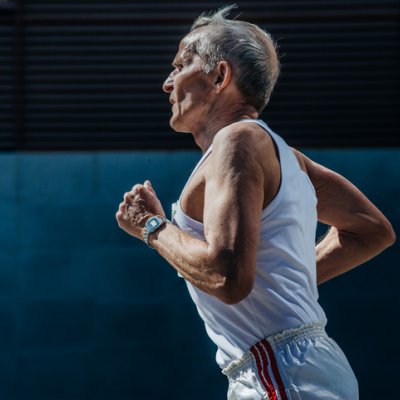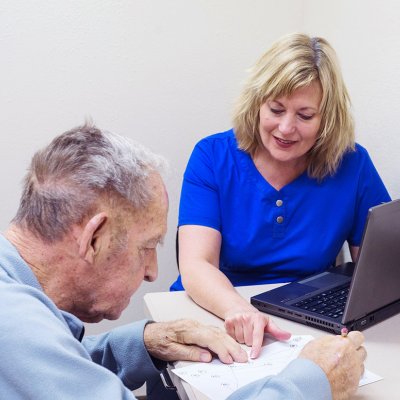Physical activity can reduce the severity of early menopausal symptoms in women who have had cancer treatment, a University of Queensland study has found.
26 November 2020The high rate of adolescent motherhood across developing countries isn’t shifting, with reductions either modest or absent in some regions and rising in others, according to University of Queensland-led research.
25 November 2020An experimental Alzheimer's disease treatment is proving effective at treating some of the most persistent, life-threatening antibiotic-resistant bacteria.
18 November 2020The University of Queensland’s Centre for Advanced Imaging (CAI) has received $1.2 million from the Australian Cancer Research Foundation (ACRF) to establish an Australian first facility to develop radiometals for cancer therapy.
13 November 2020Methamphetamine ‘cooks’ in domestic labs are most likely to be male, Caucasian and about 30 years’ old, according to University of Queensland researchers.
11 November 2020Delivering healthcare services online can cut costs for patients, but not necessarily for providers, according to a new study.
26 October 2020Two international studies have shed important light on why the virus that causes COVID-19 is so infectious compared to other SARS viruses.
21 October 2020A technological advancement that has the potential to stimulate bone formation inside the human body has been developed by University of Queensland researchers.
15 October 2020A startup company developing technology based on University of Queensland research will partner with the US Government to test its needle-free vaccine delivery technology.
14 October 2020Federal funding will help a team of researchers determine how long immunity lasts in people who’ve recovered from COVID-19, critical information as the world waits for a vaccine.
12 October 2020Why back pain persists in some cases but not others will be the focus of an international study, which has received more than $1.4 million in funding from the US Department of Defense.
7 October 2020Molecules from the venom of one of the world’s largest spiders could help University of Queensland-led researchers tailor pain blockers for people with irritable bowel syndrome (IBS).
21 September 2020The secret of how fibre shapes the structure of plant cell walls has been revealed, with potentially wide-ranging applications ranging from nutrition and health to agriculture.
17 September 2020Children who experience neglect are seven times more likely than other abuse victims to have a teen pregnancy say University of Queensland researchers.
17 September 2020More than one quarter of asthma patients have been prescribed potentially dangerous amounts of steroid tablets, with researchers warning this puts them at greater risk of serious side-effects.
14 September 2020Global biotech company CSL Limited will supply the Australian Government with 51 million doses of The University of Queensland’s COVID-19 vaccine candidate if it proves successful, under a heads of agreement announced today.
7 September 2020An online system to monitor symptoms and cravings will help combat heavy drinking and alcohol use disorders, which affect about a third of Australian men and a quarter of women at some point in their life.
7 September 2020High-intensity interval training (HIIT) can help heart patients with their recovery and is more effective than moderate-intensity continuous training in the short term, according to University of Queensland research.
4 September 2020Improving communication treatment for stroke recoverees is the focus of a new research project at The University of Queensland, supported by the National Health and Medical Research Council (NHMRC).
4 September 2020University of Queensland scientists have been rewarded for their work tackling diseases burdening the healthcare system and conserving threatened native species with 2020 Queensland Young Tall Poppy Science Awards.
28 August 2020- 1 of 4
- next ›
